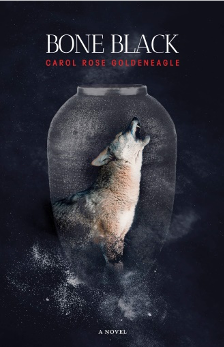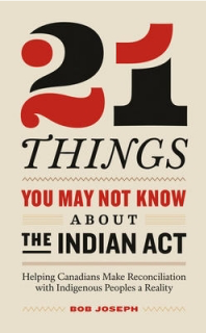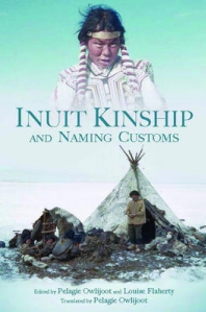By Kaylie Seed
In Canada, June is Indigenous History Month with June 21st being National Indigenous Peoples Day. While we need to celebrate our Indigenous brothers and sisters every month and not just in June, having this time dedicated to Indigenous People in Canada is a wonderful way to reflect upon the good, the bad, and the ugly that has happened to the first people who were on this great land.
Bone Black by Carol Rose GoldenEagle (Daniels) (Indigenous Canadian; First Nations; Dene; Denesuline (Chipewyan); Cree (Nehiyawak))
Carol Rose GoldenEagle has written a breathtakingly haunting story that focuses on the missing and murdered Indigenous women in Canada. After Raven goes missing, her twin sister Wren StrongEagle takes justice into her own hands as she begins searching for her sister that no one seems to be looking for. A powerfully written story about the bond of sisters and an all too painfully true situation in Canada, Carol Rose GoldenEagle has created a story that not only pulls at your heartstrings but also forces Canadians to look at what is happening right before their eyes.
A Girl Called Echo: Pemmican Wars (Volume 1) by Katherena Vermette (Indigenous Canadian; Métis)
Katherena Vermette has created a graphic novel series called A Girl Called Echo that currently has three volumes: Pemmican Wars, Red River Resistance, and Northwest Resistance. Each of Vermette’s graphic novels follows Echo Desjardins as she learns about her Métis heritage by traveling back in time while sitting in her history class and gets to experience her heritage firsthand. Each of the graphic novels focuses on an important part of Métis history, so not only is the reader going to experience this history through reading they will also get to watch it unfold through gorgeous artwork.
A Two-Spirit Journey: The Autobiography of a Lesbian Ojibwa-Cree Leader by Ma-Nee Chacaby (Indigenous Canadian; First Nations; Anishinaabeg; Oji-Cree) with Mary Louisa Plummer
This is the harrowing story of how Ma-Nee Chacaby overcame multiple hardships throughout her life including the social, economic, and health impacts of colonialism. A Two Spirit Journey teaches us that with the right supports and mindset we can overcome anything that life throws at us. Chacaby allows readers into her traditional upbringing and surviving multiple instances of abuse, both from others and herself, while explaining how she overcame those hardships to become a successful leader who even lead the first Pride Parade in Thunder Bay, Ontario.
A Mind Spread Out on the Ground by Alicia Elliott (Indigenous Canadian; First Nations; Haudenosaunee (Iroquois); Tuscarora)
Alicia Elliott asks difficult questions revolving around intergenerational trauma surrounding Indigenous People’s in Canada. Elliott draws conclusions between the past and present and touches on topics such as: race, parenthood, mental illness, poverty, and gentrification. Elliott takes a look at colonialism and how it has impacted the loss of language and history of her Indigenous ancestors. A Mind Spread Out on the Ground is a must-read book for Canadians because it calls out white privilege and puts Non-Indigenous Canadians in a position where they must learn the uncomfortable parts of our history.
21 Things You May Not Know About the Indian Act by Bob Joseph (Indigenous Canadian; First Nations; Kwakwaka'wakw (Kwakiutl); Gwawaenuk)
This fantastic nonfiction read is one that all Canadians should be reading. Bob Joseph uses this novel to dissect complex issues such as truth and reconciliation, and explains how The Indian Act in Canada is hindering Indigenous Peoples in Canada. Joseph explains how Indigenous Peoples can step out from under the clutches of The Indian Act and return to self-government and self-determination that would be better for all Canadians and the country in the long run.
Inuit Kinship and Naming Customs edited by Pelagie Owlijoot (Indigenous Canadian; Inuit) and Louise Flaherty (Indigenous Canadian; Inuit)
Instead of using given names like many other Canadians, Inuit Peoples have a network of kinship names, known as tuqurausiit (turk-thlo-raw-seet), that they use to show respect to one another and to form close familial bonds. Editors Pelagie Owlijoot and Louise Flaherty discuss how the traditional naming system is slowly disappearing and interview four Inuit Elders from Nunavut on the importance of keeping the tuqurausiit names thriving.
The books that I’ve chosen for our Indigenous must-reads is only a small sample of books written by Indigenous authors in Canada and I highly recommend doing your own research to find some more must-reads not only for June, but to incorporate into your reading regularly. A fantastic website where you can find Indigenous Canadian reads is https://www.strongnations.com/






